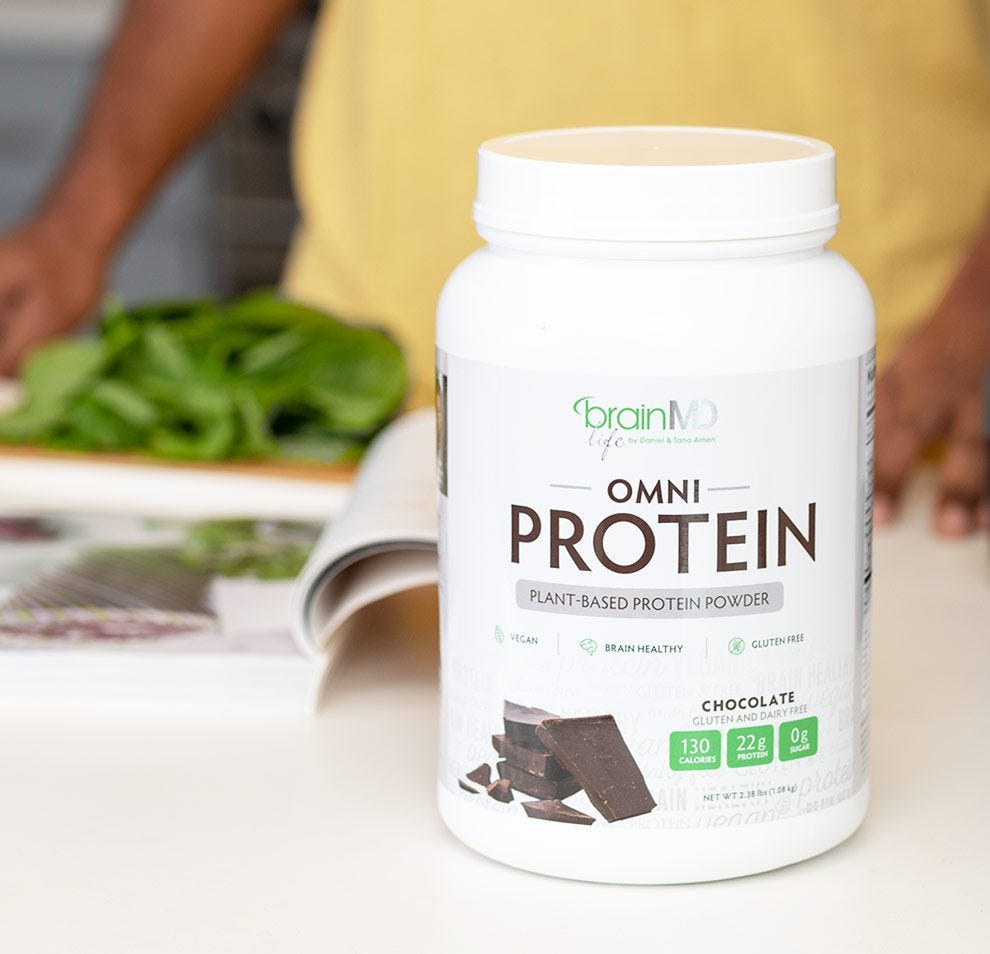5 of the Best Ways to Avoid Post-Workout Muscle Pain
Whether you’re new to exercising or have been working out for many years, one thing you’ll notice is how sore your muscles can get after a workout. Though completely normal, muscle soreness can be extremely unpleasant and can even lead to long-term problems if not treated properly.
Dealing with DOMS
Exercise enthusiasts and physiologists use the term DOMS (delayed onset muscle soreness) to refer to the 24 to 48-hour period after a workout when muscle soreness can be at its peak. DOMS can occur when muscles are pushed beyond what they’re used to, which is especially common for those new to working out or those who have tried a new exercise that focuses on a different muscle group than normal.
Many scientists and sports medicine experts believe that tiny tears in muscle fibers, along with accompanying inflammation, can cause the kind of discomfort frequently experienced with DOMS. If muscle pain is minor, it’s probably just an indication that your body is adjusting to the new fitness routine, and that your muscles are getting stronger. However, overexerting can cause muscle tears or other serious injuries.
To help relieve the short-term effects of DOMS and prevent long-term injury, follow these 5 steps to help ensure healthy muscle maintenance.
5 Ways to Help Your Muscles Recover After a Workout

1. Hydrate – It’s vital to stay sufficiently hydrated when exercising. Drinking plenty of water – before, during, and after a workout – helps to prevent muscle cramping and lubricates your joints. Remaining well-hydrated enables your muscles to work longer and harder before they feel tired, and this will help you build muscle.
2. Stretch – This step should go without saying, but many people skip it or ignore it…to their detriment. Stretching is especially important after the cooldown phase of your workout, as it prevents the buildup of lactate and metabolites which can lead to muscle cramping, spasming, and soreness. Also, don’t forget to stretch the muscles around the areas you worked out; an important step that’s easy to forget.
3. Massage – Massaging tight or aching muscles can aid your post-workout recovery. If financially feasible, getting a sports massage is ideal for relieving sore muscles. At home, you can use a foam roller to help release stiffened muscles (or even a lacrosse ball or small piece of PVC pipe).
4. BCAAs – Branched-chain amino acids are made up of three essential amino acids: isoleucine, leucine, and valine. BCAAs are commonly found in protein-rich foods or supplements, and help rebuild muscles at a quicker rate. Those who maintain a low-protein diet typically will experience slower muscle recovery, which may lead to muscle atrophy.
5. Protein – Protein is vitally important to building, preserving, and repairing muscle, which is especially true of strength training. Consuming high-quality protein fuels the body with amino acids, which are particularly helpful for muscle energy production and muscle recovery. Most adults need an average of 45-100 grams of dietary protein daily, depending on their weight, activity level, and metabolic demands.
Benefits of Protein
Protein is a major player in the healthy growth and functioning of cells, tissues, and organs throughout your body. Getting adequate protein can improve brain and body function by:
- Staving off hunger
- Improving focus
- Stabilizing blood sugar
- Boosting energy
- Accelerating weight loss
- Enhancing cognition
Plant-based Protein
The health benefits of plant-based, nutrient-dense diets are being recognized by many nutrition experts. As a result, both vegans and non-vegans are now getting their protein needs met from plant sources. A scientifically formulated, plant-based protein powder doesn’t have the side effects associated with whey or soy protein.
Unfortunately, most protein powders from single plants don’t contain complete amino acid profiles. This challenge can be solved by skillfully combining more than one plant protein source, to optimize the total protein amino acid profile while removing the negative factors associated with milk, whey, and soy proteins. Meeting these exacting standards, BrainMD has formulated a complete, plant-based protein powder…
OMNI Protein Powder

OMNI Protein contains no soy, dairy, sugar, artificial colors, sweeteners, flavors, or GMOs, and delivers 22 grams of complete protein! It’s the ideal supplement for those looking to improve their protein intake in an easy and versatile way.
OMNI Protein is available in two delicious flavors: Chocolate and Vanilla.
At BrainMD, we’re dedicated to providing the highest purity nutrients to improve your physical health and overall well-being. For more information about OMNI Protein Powder and our full list of brain healthy supplements, please visit us at BrainMD.



